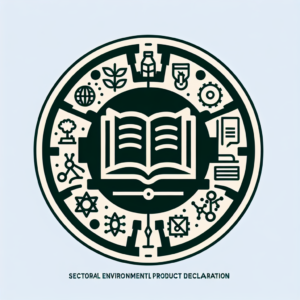Sure! Here’s the translation into American English:
—
Sustainable forest management has established itself as an essential pillar for environmental conservation and the development of rural economies. This strategy aims to balance the preservation of ecosystems with the responsible exploitation of their resources. The incorporation of new technologies, such as sensor technology, Big Data, and artificial intelligence, is revolutionizing the way forests are managed, helping to prevent fires, pests, and diseases—issues that are increasingly relevant in a context marked by climate change.
In Europe, sustainable forest management is emerging as a crucial sector that attracts investments and promotes innovation, ensuring stability in the supply of raw materials. With over 55% of its territory covered by forests, Spain is in a privileged position to capitalize on these opportunities. Proper management of these areas not only fosters economic growth but can also create stable jobs, thereby revitalizing rural areas.
The development of agricultural and livestock practices compatible with forest conservation is another key aspect that contributes to the creation of safe and productive landscapes. It is estimated that efficient management of 1,000 hectares of forest can generate between 30 and 50 direct and indirect jobs, which represents a significant boost for local economies, especially in regions affected by depopulation.
Experts emphasize that sustainable forest management must fulfill multiple functions. First, it involves managing biomass efficiently; second, rehabilitating areas affected by fires or degradation; and lastly, contributing to carbon capture, soil fertility, and water quality. These objectives are fundamental to ensuring the availability of natural resources that sustain various economic sectors.
The incorporation of technological innovations is modernizing forest management, not only promoting efficiency in resource administration but also fostering the professionalization of the sector. The digitization of processes and specialized training open new opportunities for green investment, thereby strengthening the resilience of ecosystems and rural economies.
Thus, sustainable forest management presents itself as a comprehensive strategy that intertwines conservation, economic development, and sustainability. The benefits derived from proper management of forests range from stability in the supply of raw materials to job creation and attracting investments, thus consolidating corporate reputation in sustainability.
An exemplary model is the Landcare movement, which emerged in Australia in the 1980s and proposes a holistic approach to natural resource management. This circular economy model seeks to integrate social, economic, and environmental aspects. In Spain, the “Sustainable Forest Management Project under an Industry 4.0 Model in the Lucense Mountain” stands out as a clear benchmark in implementing these principles and was recognized as a Priority Business Initiative by the Xunta de Galicia in January 2024. This project exemplifies the commitment to creating resilient ecosystems and an active and sustainable rural environment.
—
Feel free to ask if you need any further changes!
via: MiMub in Spanish











